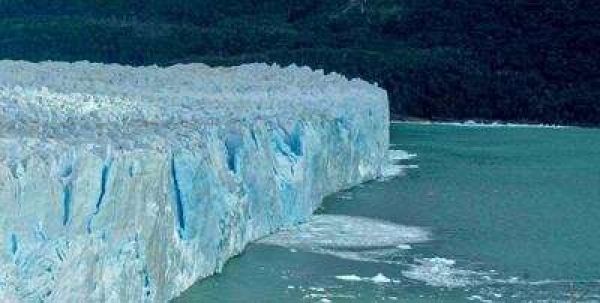The drastically increasing influence of humans on Earth’s climate causes a melting of polar ice sheets and therefore a rise in global sea levels. A team of international scientists led by the Institute of Earth Sciences at Heidelberg University and including the University of Southampton has now analyzed the response of the largest ice sheet on Earth – the East Antarctica Ice Sheet – to a warming climate.
Based on geochemical data obtained from deep-sea sediments, the study sheds new light on the factors that determine the stability of the East Antarctic Ice Sheet. It suggests that under an increasingly warming climate, as expected for the near future, the East Antarctic Ice Sheet could be less stable than previously thought.
"The future melting of polar ice sheets and the associated rise in global sea level as a consequence of climate change will have a substantial impact on low-elevation coastal areas," emphasizes Dr. Kim Jakob from Heidelberg University.
Continue reading at University of Southampton
Image via University of Southampton


